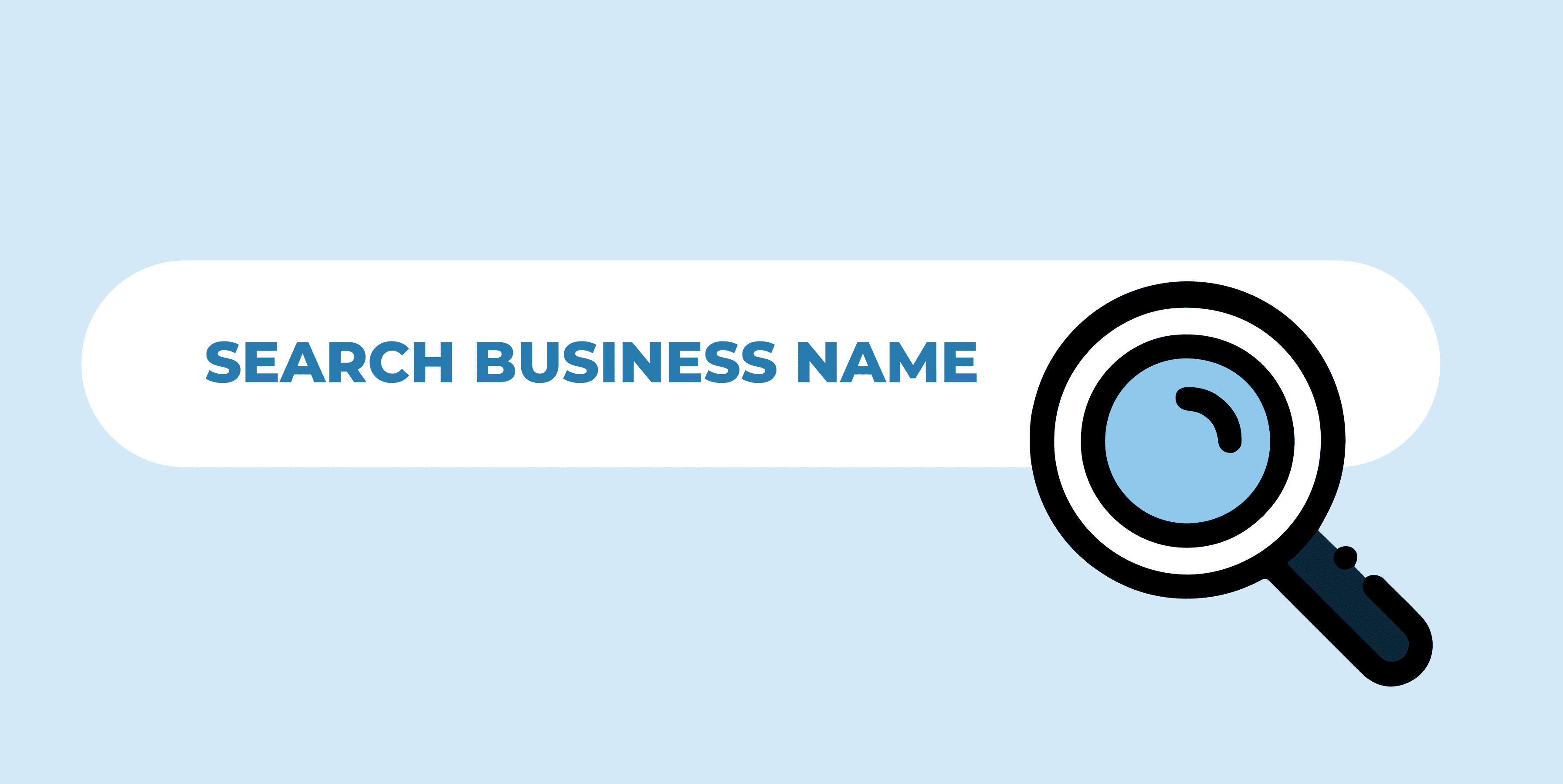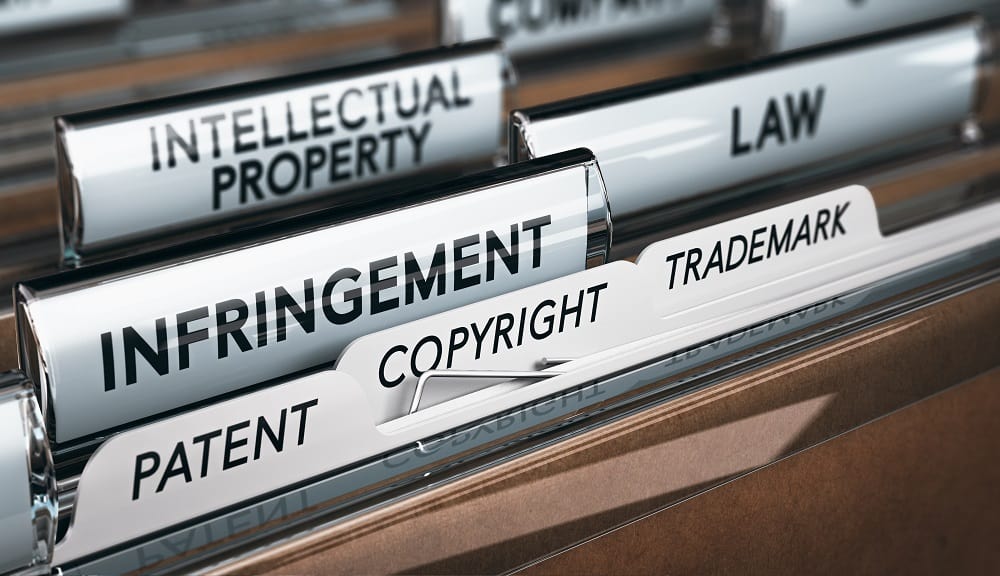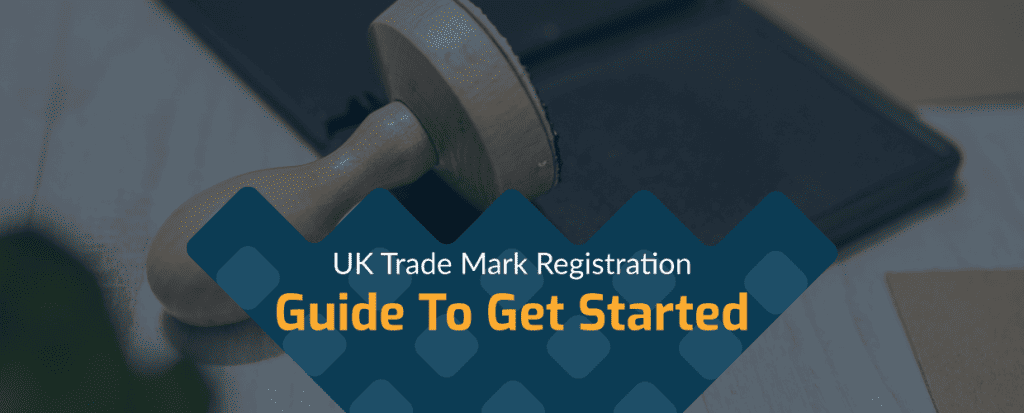Any unique ideas and creative works created by an individual or organisation fall under the umbrella of Intellectual Property (IP). In the past, the question of how to get Intellectual Property Rights and safeguard these rights wasn’t a huge concern. However, with information being simpler to acquire and disseminate nowadays thanks to technology, protecting your works from copycats and competitors has become crucial. Social media has propelled some small businesses which would ordinarily have been great local businesses to be successful businesses both nationally and worldwide.
It is now more important than ever to ensure that your business’s IP is protected from competitors. Here are a few ways to check that you are doing all you can to do this:
Get Copyrights, Trade Marks, Registered Designs and Patents
By registering Intellectual Property Rights in the UK, businesses will be better placed to negotiate for cross-licensing and counterclaims while also securing protection for their research and development processes. A company can use IP Rights and registrations to block rival products, discourage new competitors, and open up the market for future market share thanks to technical developments.
A company can use IP Rights and registrations to block rival products, discourage new competitors, and open up the market for future market share
There are several different types of Intellectual Property Rights, and each one includes the ability to sue if a third party violates them. Some of them include:

Copyrights
These are a kind of IP that defends original works of writing or creative expression. For literature, artwork, drawings, or a mix of these things created by a company, Copyrights may be licenced. Within the UK copyright protection applies automatically, for example once content is written that is protected without any further steps necessary.
Trade Marks
These tend to be a business’s trading name, brand names, icons, or logos which are employed to identify the goods or services of a firm. A Trade Mark is anything that serves to distinguish a collection of items, commodities, and services as coming from the same owner or source, including names, words, signatures, texts, emblems, paintings, figures, inscriptions, photographs, and advertising. A brewer may Trade Mark its Trading name and logo but then also each individual beer they brew therefore creating sub-brands.
Patents
Patents are often used to register innovations and items that are special and not commonly known to the wider public. Inventions and creations within the pharmaceutical industries are good examples of where Patents need to be registered. To secure a Patent, technical details regarding the innovation must be made available to the public via a Patent application.
Registered Design
Design Registration helps protect the appearance of a product, such as its shape or pattern. It is what gives the product its unique appearance. Registering your design makes it easier to prove that the design is legally yours. Examples are particular shapes of chocolate, bottles or bags.
An IP Audit, such as what Start.Biz offers, can go a long way towards reviewing the status of your IP and helping you figure out the right way forward. For more on this, read our prior article.
Read More
Create Comprehensive Confidentiality Agreements
It is also a great choice to enlist the aid of a legal representative when creating non-disclosure legal clauses, which must be precise and explicit. Make sure that every other contract you employ in your business contributes to the protection of your Intellectual Property. Contracts for services, licensing, and distribution are some examples. If you produce artwork, others may wish to licence your work to use on their own products or merchandise, it is important that you invest well in getting the right advice in these areas to ensure what is drafted is fit for purpose to protect you and your business’ IP.
Consult Professionals in Intellectual Property
For assistance with searches and licensing, speak with an IP expert like Start.biz to make sure that any IP you produce is properly protected. Many business owners spend lots on their logos and branding but:
- Fail to either ensure that it is truly unique to start with and not infringing on anyone else’s IP
- Or they don’t protect it by registering a design or Trade Mark where they can, which therefore allows others to copy their name, work, logo or brand and can result in an entire rebranding exercise being needed which is time-consuming and costly.
Protecting your business’ IP may be done in order to prevent others from imitating you, to add value to your company, or to sell or licence to a third party. Protecting your business’ IP adds to your brand and the authenticity of your business as a whole.
Free Consultation
Avoid Co-ownership of IP Rights
Try to avoid shared Intellectual Property Rights where possible. The ability to use your rights is always in your best interest. Co-ownership of IP Rights over time may result in misunderstandings and legal problems that endanger the security of these assets, harming all parties concerned. It is important to really consider who should own the IP when registering these, should it be the Limited company or should it be the owner of the company. This becomes particularly important when additional shareholders join a company or if they are sold.
Co-ownership of IP Rights over time may result in misunderstandings and legal problems
Punish Those Who Violate IP Rights
You can’t afford to go soft in business. Keep your Patent, Trade Marks and Registered Designs secure, and defend your legal rights by reporting infringements and bringing legal action against offenders when necessary. There are many legal cases which have resulted in the profit earned through the infringement of IP being paid to the owner of the same IP.
Have Awareness Training for Employees
As is frequently the case, people are the weakest link in the chain of protection. Because of this, an IP security approach that ignores staff training and instead exclusively depends on digital firewalls and Copyrights will fail. If awareness training is customised to the IP assets that a particular group of employees must safeguard, it will help in resolving and preventing potential Intellectual Property infringements. Also, the majority of the time, a company’s Intellectual Property is compromised through error or ineptitude. Make sure the employees are aware of the ways they could mistakenly expose IP. This is particularly important with registered Design and Patents and when they are in the process of being developed or registered. We’ve heard of ‘leaked’ emails and information by staff both current and former.
Gather Proof of Your Intellectual Property
Quite frequently, competitors find out about an idea through leaks and apply for a Patent claiming it as theirs. As a result, you’ll need to demonstrate that you are the legitimate owner. This can be done by keeping a record of the evidence that shows how Intellectual Property Rights have changed, like dated and original copies of drafts. This is also the case for Copyrights. Although in the UK these are automatic, if there is a dispute over whos work something is and one party has dated draft documents and other evidence of the final work coming together they are more likely to be able to succeed in claiming their ownership of that IP.
Get Your IP More Exposure
The best and safest approach to protecting your Intellectual Property is to be the first to apply to register it, where registered design, Patent or Trade Mark. Aside from this, another typical method to guarantee that your IP is acknowledged as being yours is to publish and quote it widely and credit it to your company’s name. The more exposure your IP receives, the more support it will get.

Make Investments in IT security
Technology and the internet are used to conduct almost all business today. This has a benefit in that it could encourage an operation’s development, dynamics, and success. However, the use of technology in business also has drawbacks, particularly if your company’s IP is kept in a system that can be hacked, corrupted, or is directly connected to the internet.
Therefore, it is necessary to adopt strong security measures inside your company’s IT infrastructure. These may consist of (1) encryption of data, setting up password security for all computer networks, creating Wi-Fi Protected Access 2, and using VPN.
It is necessary to adopt strong security measures inside your company’s IT infrastructure.
Define Your Copyright Policy Clearly
To direct and inform the public on what is appropriate and inappropriate regarding your IP, you may develop your own policies. Although you won’t necessarily be legally protected this way, you may instruct individuals on how to distribute your information properly.
Simply create a list of acceptable and unacceptable ways to use, share, or reproduce your work. Give them rules about what they may do without your written consent and what they should get your consent for.
Register Your Company, Product, or Domain Name
By registering the company, product, or domain name connected to your intended IP, you will further safeguard your ownership of it as well as your identity. To make sure you aren’t choosing a name already in use by someone else, use our Business and Domain Name Search Tool linked below.

Even if you’re only beginning the planning process for your firm, it will still be beneficial to reserve these names so that nobody else comes up with a similar idea and creates complications.
Your brand includes your company name, your logo, your products and your domain names. It could even include the typography used throughout. Registration will be beneficial even when you are the sole owner with only your name to go by. Additionally, you will have the legal protection that separates your company and Intellectual Property from you personally.
Business & Domain Name Search Tool
In Closing, it is paramount that businesses to create and implement a plan for their operations, especially when it comes to how IP is handled. Intellectual Property is one of the most valuable assets that you may have, it needs to be safeguarded and managed. The important thing is to take a multifaceted approach, as detailed above, so that you can remain ahead of your competitors at all times.
At Start.Biz, we know how to protect an IP and make it a simple process. We have worked with all kinds of businesses and have the experts to help you with it. Reach out to us today to get the protection you need and realise your business goals!
Contact Us
Summary
- A company can use IP Rights and registrations to block rival products, discourage new competitors, and open up the market for future market share thanks to technical developments.
- Enlist the aid of a legal representative when creating non-disclosure legal clauses and licence agreements.
- For assistance with searches and licensing, speak with an IP expert to make sure that any IP you produce is properly protected.
- Attempt to avoid shared Intellectual Property Rights.
- Keep your Patent and Trademarks secure, and defend your legal rights by reporting infringements and bringing legal action against offenders when necessary.
- If training is provided to staff to raise awareness to the IP assets that a business has, it will help in resolving and preventing potential Intellectual Property violations.
- Keep a record of the evidence that shows how Intellectual Property Rights have changed, like dated and original copies of drafts.
- Publish and quote your IP widely and credit it to your company’s name. This will give it more exposure and prevent others from claiming it.
- Adopt strong security measures inside your company’s IT infrastructure.
- To direct and inform the public on what is appropriate and inappropriate regarding your IP, develop your own policies about acceptable and unacceptable ways to use, share, or reproduce your work.
- By registering the company, product, or domain name connected to your intended IP, you will further safeguard your ownership of it as well as your identity.






